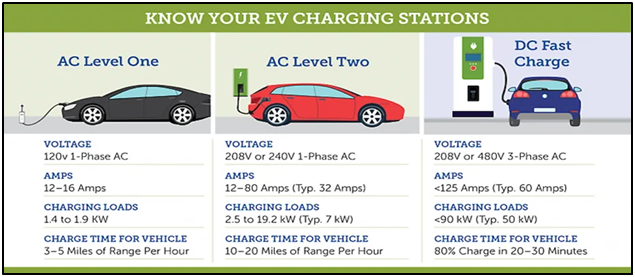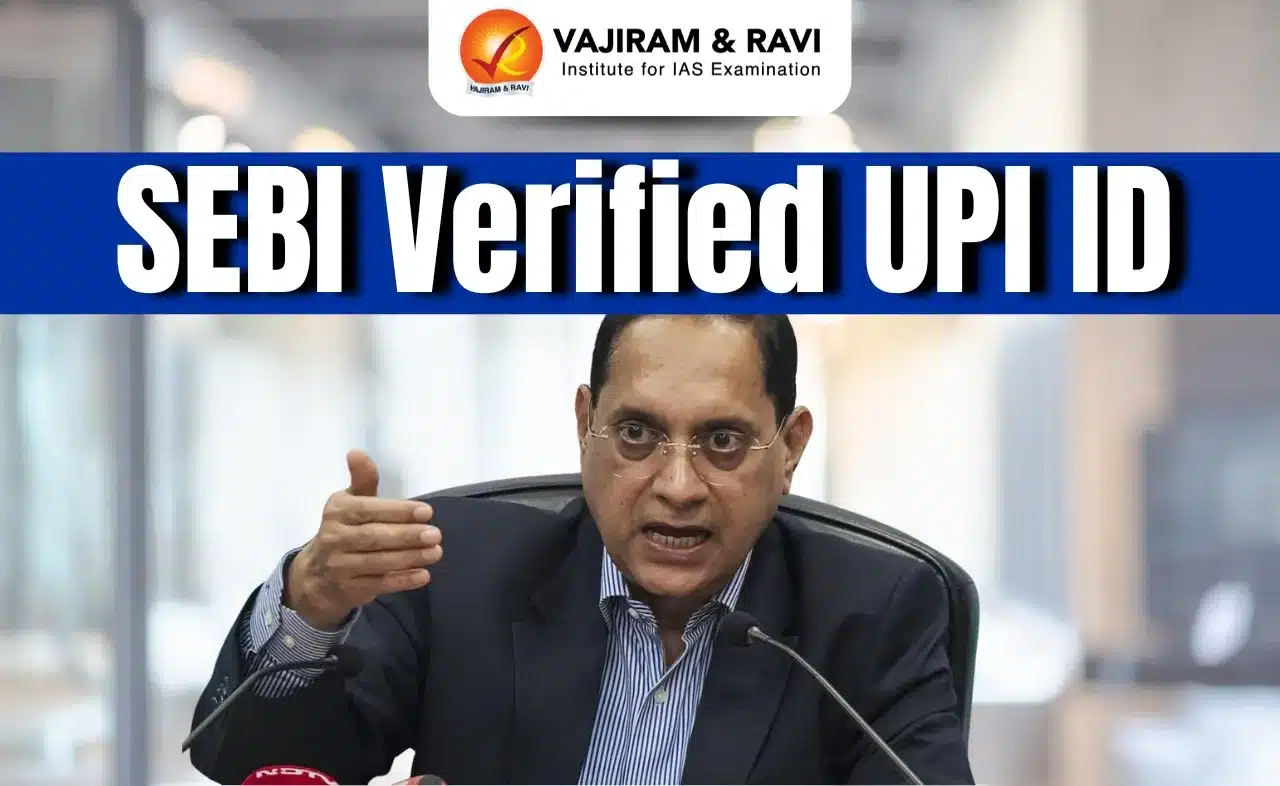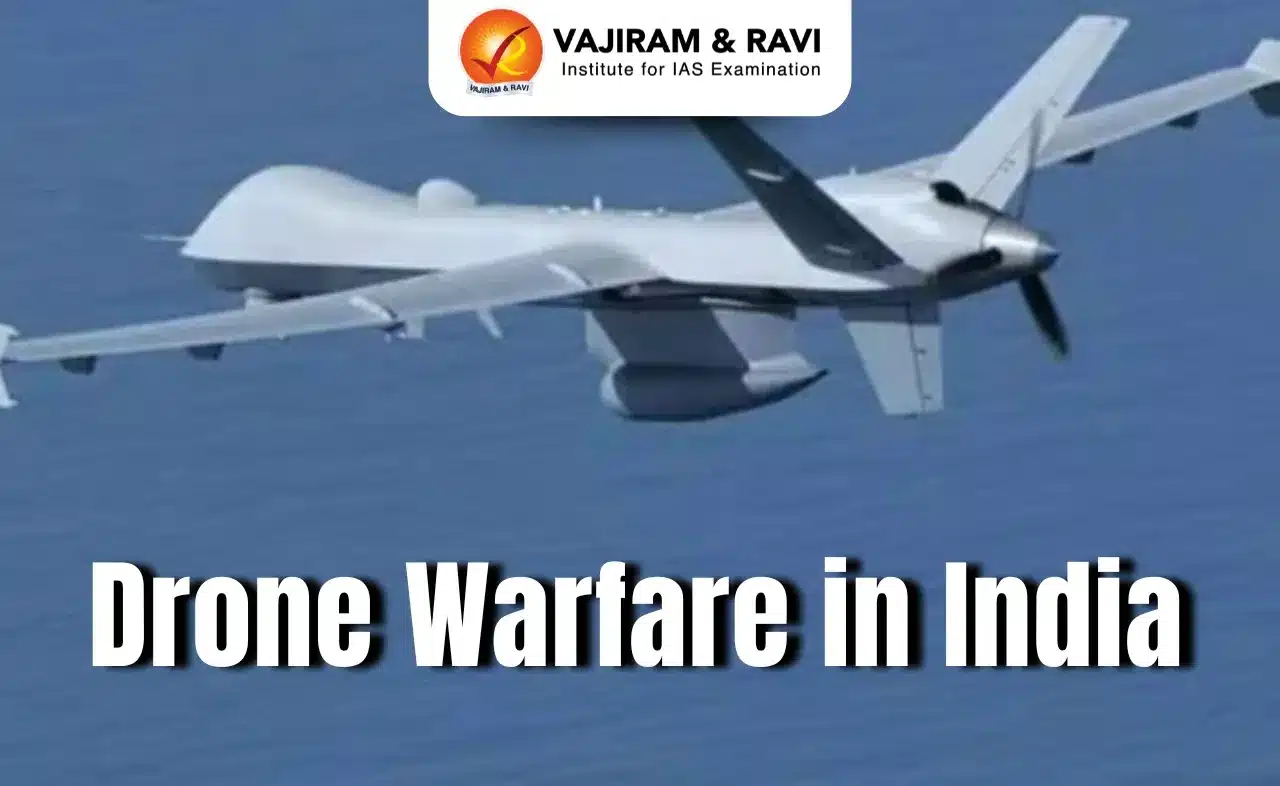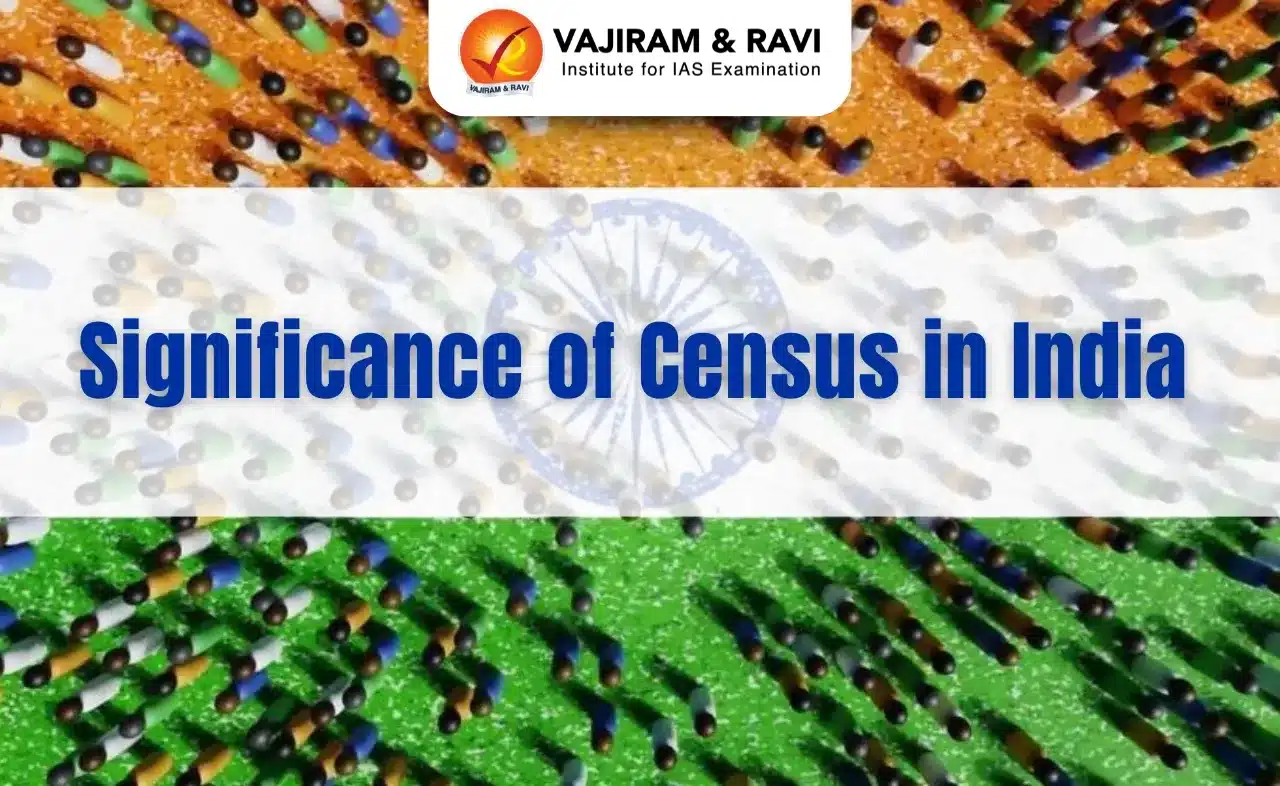What’s in Today’s Article?
- Why in News?
- What is AC/DC Charging?
- What is the New Made-in-India EV Charging Standard?
- Why is a National Standard Needed for India?
- What is the Situation in Other Countries Around the World?
Why in News?
- The Bureau of Indian Standards (BIS) has approved an indigenously developed AC and DC combined charging connector standard for light electric vehicles (LEVs) such as scooters, bikes, and rickshaws.
- Electric vehicle (EV) charging connector standards are conceptually similar to charging connector standards for mobile phones, such as the USB Type-C charger or Apple’s lightning charger.
What is AC/DC Charging?
- AC and DC are different forms of electrical power, and in the context of EV chargers, the difference between AC and DC is where the AC/alternating current gets converted to DC/direct current.
- Most chargers and electrical appliances are AC powered, meaning the AC gets converted to DC outside of the car, right from the grid, and then goes into the car’s battery.
- On the other hand, DC converts in the charger plug-in itself.
- Electric vehicle car batteries in North America will only accept DC and thus chargers are always AC/DC or DC. Meanwhile, in Europe and Japan, their EV batteries may be charged using AC only.
What is the New Made-in-India EV Charging Standard?
- The new standard, ISI7017 (Part 2 / Sec 7): 2023, cleared by BIS, has been developed through collaboration among –
- NITI Aayog,
- The Department of Science and Technology,
- Electric two-wheeler maker Ather Energy, and
- Various other government and industry stakeholders.
- This indigenously developed charging standard is the first in the world that combines AC and DC for LEVs.
- Combined AC and DC charging standards for electric 4-wheelers are already in use around the world, like the Combined Charging System (CCS) standard that is widely used in Europe.
- A combined charging standard is attractive because of its interoperability – which means that it can be used by different kinds of EV models and charging infrastructure providers.
- Although the new approved standard fixes the problem of different standards for AC and DC charging by creating a combined standard, it does not mandate EV makers to use a uniform standard.
- This will lead to range anxiety (the fear that the vehicle would run out of charge, and there will be nowhere to recharge it) and hampers faster adoption of EVs.
Why is a National Standard Needed for India?
- In India, EV makers are not mandated to follow a specific standard for charging connectors. Thus, electric 2-wheeler makers such as Ola Electric, Ather Energy, and Ultraviolette Automotive, all use different charging standards for their EVs.
- This is much like how Apple phones until recently used a lightning port and Android phones use a USB Type-C port.
- For instance, Ola’s proprietary Hyperchargers are designed for charging Ola Electric scooters only.
- Too many charging standards for EVs makes it difficult for public charging stations to cater to each individual type. This adds to range anxiety.
What is the Situation in Other Countries Around the World?
- CHINA: The world’s largest electric car market in terms of both sales and vehicles on the road, uses a national standard for EV charging connectors that is called GB/T.
- The national standard, along with one of the densest networks of charging stations in the world, has allowed China to productively address concerns around range anxiety.
- UNITED STATES: The US does not have a national standard, but EV makers have been collaborating to push for some degree of standardisation.
- For instance, Ford and General Motors (GM) are adopting the North American Charging Standard (NACS) developed by Tesla, so that their EVs can access Tesla’s network of fast chargers across North America.
- EUROPE: In Europe, CCS is the predominant charging connector standard, and is also a European Union (EU) requirement for EV charging networks.
- JAPAN: Japan’s predominant charging standard is called CHAdeMO (developed in 2010).
Q1) What do you mean by the Combined Charging System (CCS)?
The CCS standard covers several aspects of EV charging in addition to AC and DC charging, including communications between the charging station and the vehicle, load balancing, authentication and authorisation to charge, etc.
Q2) What are flex fuel vehicles?
Flexible fuel vehicles (FFVs) have an internal combustion engine and are capable of operating on gasoline and any blend of gasoline and ethanol up to 83%.
Source: The new made-in-India EV charging standard for bikes and scooters: here’s why it matters
Last updated on June, 2025
→ UPSC Notification 2025 was released on 22nd January 2025.
→ UPSC Prelims Result 2025 is out now for the CSE held on 25 May 2025.
→ UPSC Prelims Question Paper 2025 and Unofficial Prelims Answer Key 2025 are available now.
→ UPSC Calendar 2026 is released on 15th May, 2025.
→ The UPSC Vacancy 2025 were released 1129, out of which 979 were for UPSC CSE and remaining 150 are for UPSC IFoS.
→ UPSC Mains 2025 will be conducted on 22nd August 2025.
→ UPSC Prelims 2026 will be conducted on 24th May, 2026 & UPSC Mains 2026 will be conducted on 21st August 2026.
→ The UPSC Selection Process is of 3 stages-Prelims, Mains and Interview.
→ UPSC Result 2024 is released with latest UPSC Marksheet 2024. Check Now!
→ UPSC Toppers List 2024 is released now. Shakti Dubey is UPSC AIR 1 2024 Topper.
→ Also check Best IAS Coaching in Delhi























